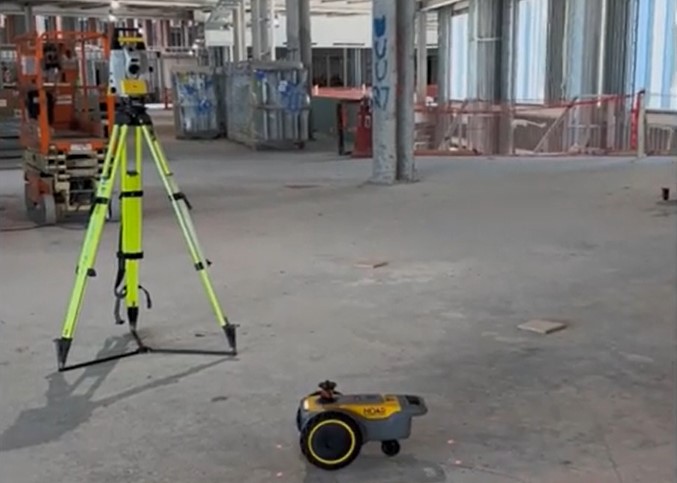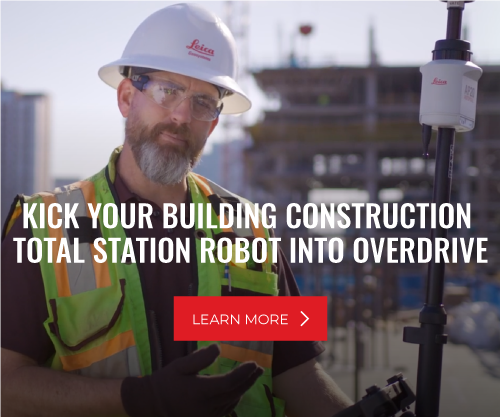The construction industry is experiencing a profound shift from traditional manual labor to cutting-edge technological innovation. This transformation is not merely about boosting efficiency and precision; it’s fundamentally altering lives.
Among the agents leading this change is Jason Culp, Director of VDC and Construction Technologies at NOAR Technologies. In a recent podcast interview, he offered a compelling narrative about the impact of robotic technologies on construction workers.
Discovering New Skills and Purpose
Many individuals enter the construction field without a defined career path. Jason explains, “Often, people start in construction after school, unsure of their next steps.” Robotic technologies introduce opportunities for these workers to learn and grow. “They acquire new skills and think, ‘Wow, this is fascinating. I have a renewed purpose. I’m more valuable now,’” Jason notes.
The Excitement of Learning
Jason compares the experience of workers learning new technology to watching his children discover something new. Transitioning from manual tasks to operating advanced equipment generates palpable enthusiasm. “Those taking over the equipment are extremely excited,” he observes.
Overcoming Resistance and Embracing Change
While traditionalists may initially resist, the advantages of new technology quickly become evident. “Once they see the speed and accuracy, they adapt their methods and embrace the change,” Jason explains.
From Chalk Lines to Cutting-Edge Technology
A striking example of this evolution is the move from manual chalk line snapping to robotic operation. “Every worker transitioning from chalk lines to robots gains a fresh perspective. They feel empowered with a cool new job, valuing their role more because of the technology,” Jason says. This shift not only elevates their roles but also alleviates the physical strain of traditional methods.
The Future of Construction
As construction continues to evolve, robotic technologies pave the way for a more efficient, accurate, and fulfilling work environment. Workers like those Jason describes gain a renewed sense of purpose, positioned at the forefront of industry innovation.
“We’re witnessing the construction industry transform from labor-intensive to high-tech,” Jason concludes, “and it’s incredibly exciting.”
By embracing these changes, construction workers are not just building structures—they’re constructing new futures for themselves.
For more insight on how to harness robotics and digital layout for your projects, contact us.






